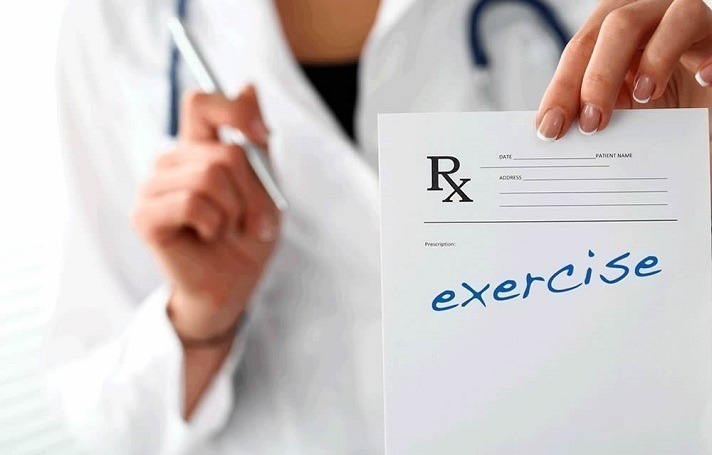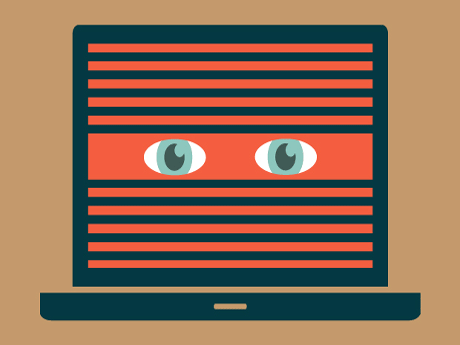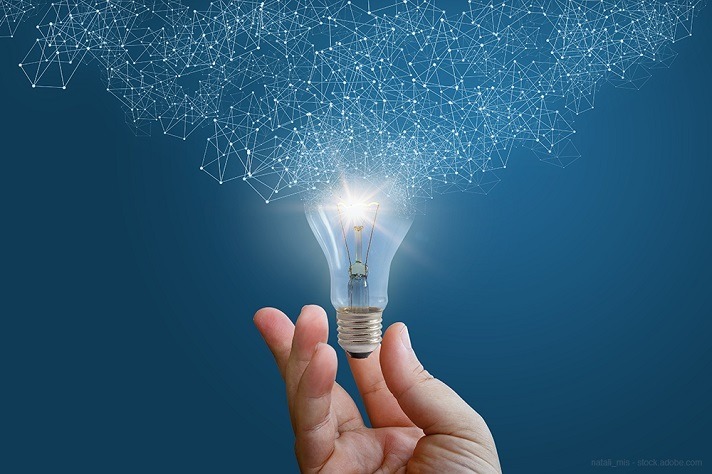Posts Tagged ‘neurotechnologies’
Time for a universal “exercise prescription” for kids and adults to boost cognition and mental health?
Welcome to a new edition of SharpBrains e‑newsletter, featuring this time a range of brain research findings, tools and controversies plus some brain teasers to challenge your (and our) working memory. #1. Major evidence review supports an “exercise prescription” for most adults to boost mental health “Higher intensity physical activity was associated with greater improvements”…
Read MoreNeurotech, neuroethics and brain data in context: Are “neurorights” the way to mental privacy?
Neurotechnologies – devices that interact directly with the brain or nervous system – were once dismissed as the stuff of science fiction. Not anymore. Several companies are trying to develop brain-computer interfaces, or BCIs, in hopes of helping patients with severe paralysis or other neurological disorders. Entrepreneur Elon Musk’s company Neuralink, for example, recently received…
Read MoreBeacon Biosignals raises $27M to scale EEG, AI-based neurobiomarker discovery platform
Neurotech startup Beacon Biosignals scores $27M to bring AI to EEG analysis (MedCity News): Electroencephalography is a decades-old technique for capturing brain activity, data that are used to evaluate brain disorders. Beacon Biosignals is applying artificial intelligence to these tests, and the neurotechnology startup has found a ready market in pharmaceutical companies interested in assessing how…
Read MoreTrend: Harnessing digital tech to improve mental health and wellness
From mindfulness apps to virtual therapy sessions, digital tools offer instant access to wellness resources (The Globe and Mail): In 2015, Brie Code was working at leading video game company Ubisoft as lead artificial intelligence programmer when she realized that many people she knew – about half, by her estimation – found video games boring.
Read MoreOn cognitive reframing and biases, stress, mental health tech, Aduhelm backlash, Britney Spears, and more
Welcome to a new edition of SharpBrains’ e‑newsletter, featuring this time nine scientific reports and industry developments to help promote lifelong brain and mental health. #1. To lower stress levels and improve problem-solving, practice cognitive reframing instead of venting “… venting likely doesn’t soothe anger as much as augment it. That’s because encouraging people to…
Read MoreHeadspace and Ginger merge to expand and scale up digital mental health
Headspace and Ginger are merging to form Headspace Health (TechCrunch): Meditation app Headspace this morning announced plans to merge with on-demand mental health service Ginger. Barring unforeseen regulatory roadblocks, the two companies will combine to form Headspace Health. The new organization would sport a combined value of $3 billion and a headcount of more than 800.…
Read More




